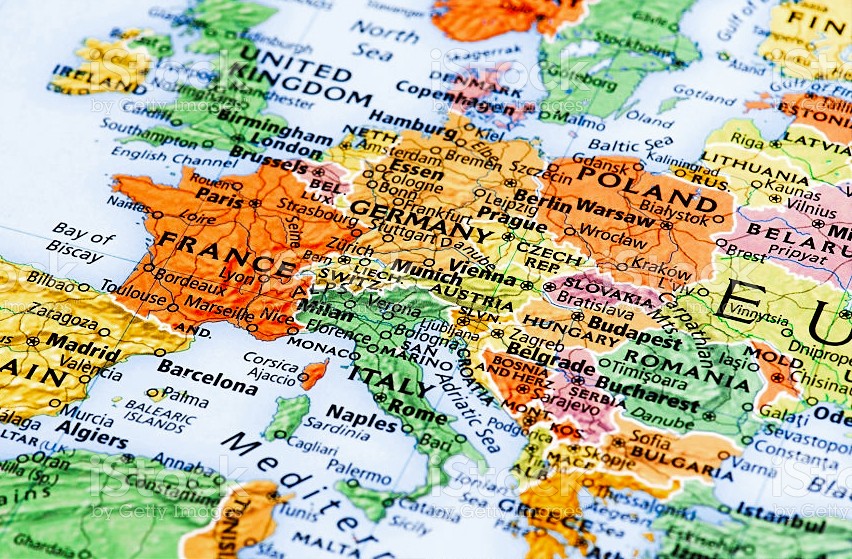The Russian retreat to the other side of the Dnipro River is of great significance to the future political geography of Central and Eastern Europe. Along with the Russian retreat from Kyiv, it means that Ukraine will not be subject to Russian occupation to the west of the Dnipro and will remain an independent state. Regardless of any pressure to negotiate with the Russians on other matters, that is now a certainty.
The major Ukrainian cities such as Kyiv, Odessa, and Lviv will still be attacked from the air by Russia and could yet lead to Ukraine reluctantly agreeing to a less than satisfactory peace, such as the acceptance of the permanent loss of Crimea. But Russian control of all of Ukraine is now impossible, and we can be certain that to the west of the Dnipro River, Ukraine will survive as a state.
Poland must now begin to think about what would be an acceptable outcome once this conflict ends. It knows that the events of this year have brought Poland and Ukraine closer together. This is because Ukraine has pivoted towards Poland, despite the unfavorable history between the two nations, and this change in perception occurred between the two peoples, not just the governments. There is even talk about a very close alliance between Poland and Ukraine that would effectively change the way Eastern Europe works.
Since Ukraine’s survival is now certain, then it is equally certain that Ukraine will be a key state in this part of Europe. This is all the more so not only because of the military might Ukraine demonstrated on the battlefield, but also because the reconstruction will make the country a hub of business activity. There is also the prestige one gains from having defended one’s own sovereignty. This prestige will mean the country will no longer keep quiet and allow others to determine its place in Europe.
These developments will push the center of Europe eastward, making German domination even more of an anachronism. It will also mean that Ukraine is unlikely to wish to return to the days in which it was largely a client state of Germany.
The idea of a close alliance with Poland now needs a Polish response. The present ruling party seems to understand that much better than the opposition led by the pro-German Donald Tusk. However, the Americans could throw wrench in the works if they drive Ukraine towards a peace settlement.
A peace settlement will only be in Kyiv and Warsaw’s interests if it includes full NATO membership for Ukraine in its new borders plus access to the EU’s single market, instead of the rather unrealistic notion of Ukraine’s speedy accession to the European Union.
Such conditions are essential for defending Polish interests too. Poland should and can, along with Lithuania, be the very last country to agree to any loss of territory by Ukraine; it should also back Zelensky’s demand for full recovery of occupied territories.
Even though Ukraine regaining control beyond the Dnipro River is not essential for Polish interests as long as Ukraine gets its NATO membership and becomes a part of the European market, Poland will want to be loyal to Ukraine in order to protect what is in its interest, which is a close military and economic alliance.
Any attempt to force Ukraine to be neutral would block the Polish-Ukraine military alliance and harm Poland.
In fact, any security guarantees that are outside of NATO membership could make a future Polish-Ukrainian alliance more difficult. The same is also true in regard to any barriers on trade with Europe. A border between Poland and Ukraine that restricts mobility and trade can only be a source of conflict.
The problem is this fact is understood well not only in Warsaw and Kyiv, but also in Berlin and Paris where visions of close Polish-Ukraine alliances are not welcome. It would therefore be naive to assume that these key EU powers will not attempt to put the brakes on such an alliance.






